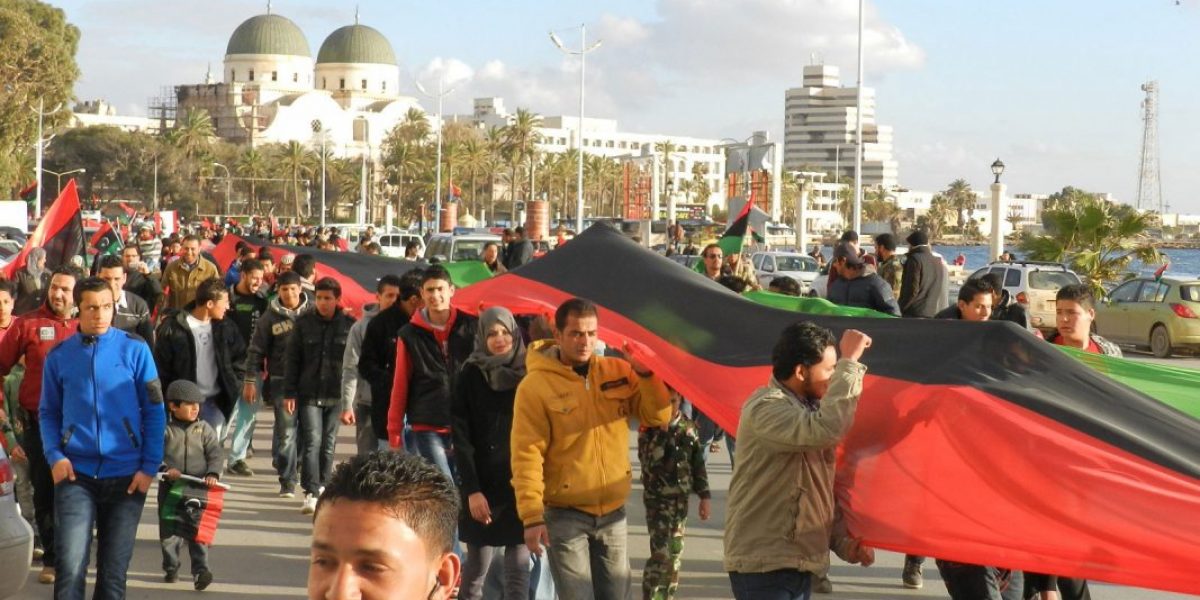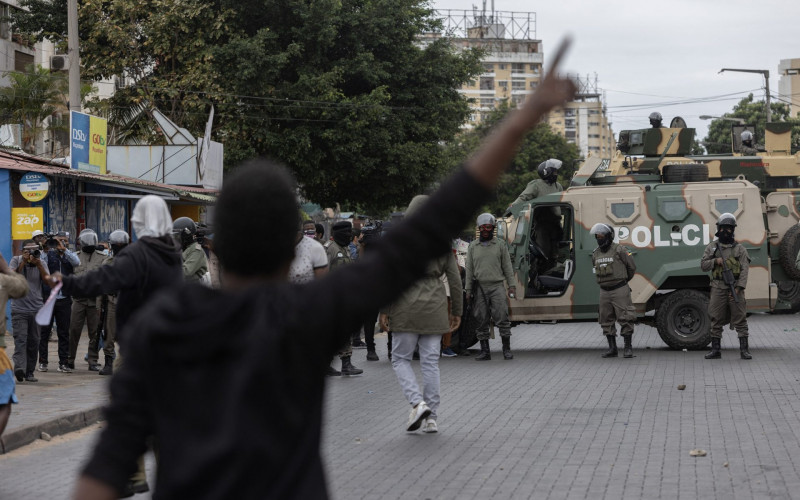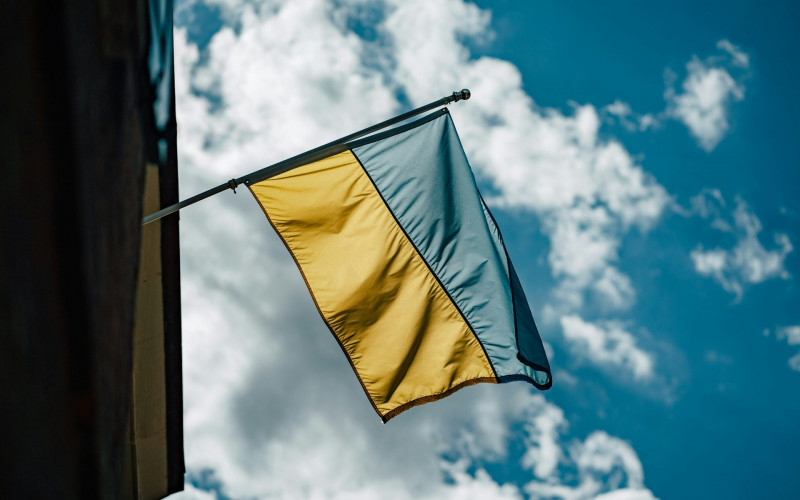Libya’s rapid descent from street protests to armed conflict caused the country’s cities to deteriorate into blown-out ghost towns in a matter of weeks. Under conditions of conflict where belligerents lob grenades, fire bullets and bombard each other with artillery shells, the flow of information is also disrupted. It was amid the dust and bullet-ridden confusion of Libya’s battlefronts that South African born photographer, Anton Hammerl, disappeared.
For weeks his family, colleagues and the South African government attempted to fish for clues, or any shard of information, to ascertain his whereabouts. On Thursday, 19 May 2011, Hammerl’s family and the world had to learn the sad news that he died six weeks earlier at the hands of pro-Gaddafi forces. On Friday, the 20 May, the Minister of International Relations and Cooperation, Maite Nkoana-Mashabane, indicated that Libyan authorities had continually reassured the SA government that he was alive.
The news of Anton Hammerl’s death comes amidst reports that in total, five journalists have so far lost their lives, and that fifty others are still detained by Libyan authorities. The intrigue surrounding Hammerl’s disappearance, and the fact that news of his death had to be conveyed by fellow journalists after their release last Thursday, shows how conditions of conflict make it hard for external parties such as the SA government to access accurate information from trustworthy sources. It is in fact quite likely, given the nature of the confusion and chaos currently engulfing Libya, that the South African government could not determine his whereabouts.
But, as Mohamed Abdel Dayem from the Committee to Protect Journalists recently argued, by withholding or giving false information about Mr. Hammerl’s whereabouts, the Libyan authorities may have made themselves guilty of engaging in an enforced disappearance.
International humanitarian law applicable to armed conflicts require parties to a conflict, to honour their responsibilities regarding missing and dead persons. In the case of Mr. Hammerl, Libyan authorities did not only lie to the South African government, but furthermore made his family and close friends victims of the chaos resulting from Libya’s ‘un-civil’ war.
Unfortunately, the news of his death creates a further and delicate matter South African authorities will have to contend with. The question is where his body is, and whether it will be possible to repatriate his remains. In as much as there is a need for a timely answer to come on this delicate matter, the news of Mr. Hammerl’s death further necessitates investigations into the consequences of the Libyan conflict.
On 25 and 26 May 2011, the African Union will hold an extraordinary heads of state meeting to discuss the Libyan conflict. Little is known, at this stage, about the content and goals of this meeting. Yet, one thing is clear: the humanitarian consequences of the war in the form of refugees, internal food and water shortages, and the impact its stands to have on neighbouring countries such as Egypt and Tunisia, calls for strong African leadership to emerge.
Already the United Nations Security Council resolution on a no-fly zone polarised the Security Council with Russia, China, and others abstaining from the vote. To complicate matters further, and as an additional indication of the international confusion on how to proceed with political- and military interventions in Libya, former UN Secretary General, Kofi Annan, indicated in an interview with the Financial Times that the UN and NATO ‘…were right to stop the guns and the tanks from getting to Benghazi. The problem they have now is the sense that they’ve crossed a line and are now part of the civil war and fighting on one side of the civil war.’[i]
Whichever way one interprets, or chose to criticise Mr. Annan’s statement, the fact remains that he sheds light on the murky political impasse Libya is at internally, and the creeping malaise setting in at the level of international interventions in the country. The AU extraordinary heads of state meeting on Libya takes place at a time when choices have to be made as to whether Libya’s un-civil war will be allowed to escalate further. If it does, this will be due to a lack of a clear vision of the political solution to be found. Strong AU and African leadership on the matter of finding a political solution to the Libyan crisis is a continental imperative at this stage.
In as much as one can hope for a political solution to be found for the Libyan crisis, under African and AU leadership, it is also necessary to urge the South African government to take every possible step to ensure that the sad case of Mr. Hammerl’s death is brought to rest by facilitating the return of his remains. Every death in the Libyan conflict is one too many.
[i] Alec Russel, Interview with Kofi Annan: the full transcript, Financial Times, 16 May 2011, http://www.ft.com/intl/cms/s/2/c2d31f14-7caa-11e0-b9e3-00144feabdc0.html#axzz1Mu79fJBC







